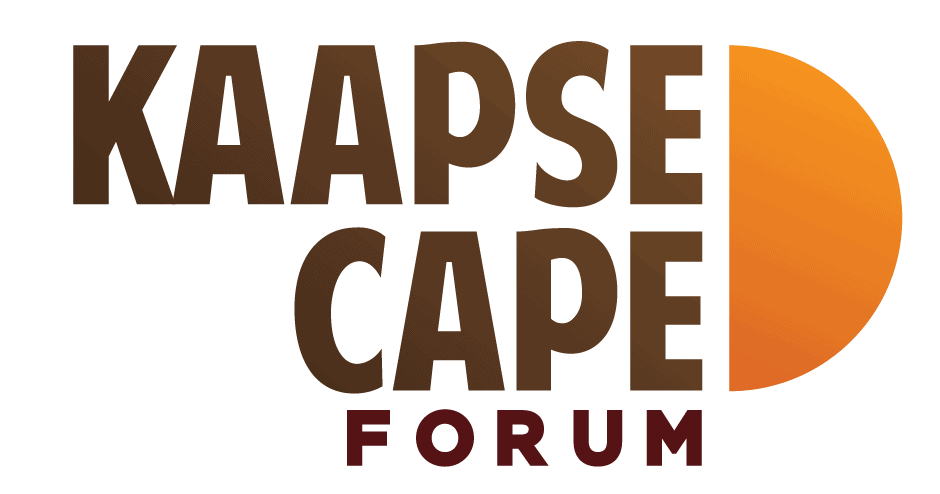Cape Forum demands that new parliament gets serious about Referendum legislation
Despite the fact that the parliament’s five-year term officially comes to an end at midnight (21 May), Cape Forum is not going to give up the battle for the preservation of provincial referendums.
“This is because we believe that elections alone are not sufficient to test citizens’ opinions on matters that affect them. Provincial referendums can be a more accurate measure of how residents prefer to be governed,” says Heindrich Wyngaard, Executive Chairperson of Cape Forum.
Cape Forum demands that the new parliament, which will be established after the national election, must, as a matter of urgency, implement an earlier Constitutional Court decision on the introduction of legislation that will enable provincial referendums.
Cape Forum has already received a letter from Lechesa Tsenoli, Acting Speaker of the National Assembly, in which he indicates that the current parliament will ensure that the matter is brought to the attention of the new parliament. It is understood that the current parliament did not have sufficient time to finish the discussion of the DA’s proposed Electoral Commission Amendment Bill. As soon as a new parliament is sworn in after the upcoming election, the issue must be placed back on the legislative authority’s discussion list.
The DA MP who submitted the legislation, Dr Annelie Lotriet, meanwhile, also agreed during a meeting with Wyngaard and Cape Forum’s Chief Operating Officer, William Waugh, to consider Cape Forum’s proposed adjustments to the draft amendments and discuss them with her party’s legal team.
“We will not rest until the legislation is adapted to give effect to the constitutional directive in Section 127(2)(f) that national legislation must be introduced to empower premiers to be able to hold provincial referendums,” says Wyngaard.
In a finding on Cape Forum’s application in this regard, the Constitutional Court said that because the parliamentary process on the DA’s bill is already underway, the court will not consider Cape Forum’s application at this stage.
“But the court did indicate that the application would be considered under normal circumstances, in other words if the DA’s proposal had not already served before the National Assembly,” says Wyngaard. “What is also important is that the court ordered parliament to get serious about the process and that the court said that if it does not happen within a reasonable period of time, Cape Forum can approach the court about this again.”
Wyngaard also welcomed the support that Alan Winde, the DA’s premier candidate for the Western Cape, expressed towards Cape Forum’s campaign for provincial referendums when he took part in an election discussion of the organisation. Winde emphasized on the occasion that the DA is driving the legal process on provincial referendums in parliament.
“Cape Forum considers it a constitutional obligation to put sustained pressure on parliament in light of the Constitutional Court’s finding to ensure that the matter is not handled lightly by the new parliament,” says Wyngaard. “When the necessary legislation is finally introduced, it will enable the residents of provinces to have a proper say on issues that affect them closely, such as police management at local level.”



